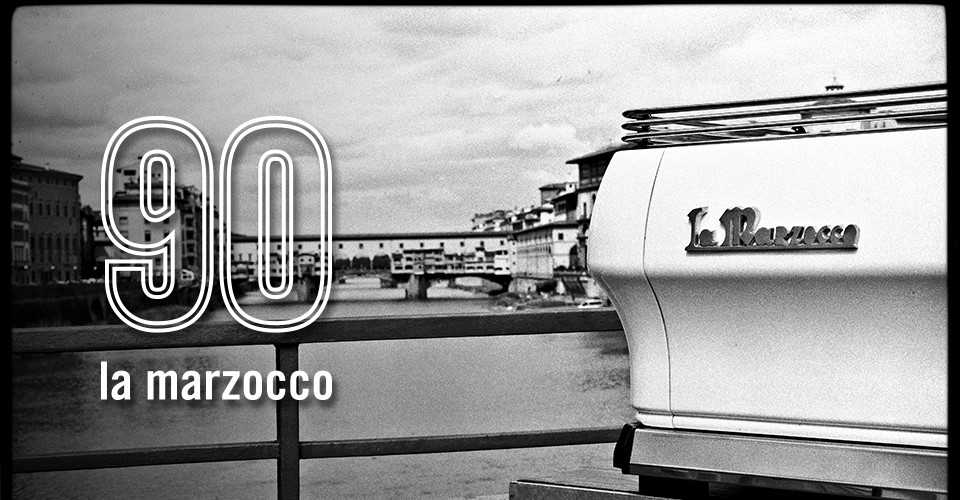SCARPERIA, Italy – Historic Tuscan coffee machine maker La Marzocco — used by Starbucks in its original locations in Seattle — is preparing to celebrate 90 years in business with turnover at record levels and plans to turn its former headquarters near Florence into a €5 million museum and “coffee academy.”
The company was founded by brothers Giuseppe and Bruno Bambi in Scarperia, north east of Florence in the Mugello area of Tuscany. It was then led by Piero Bambi, who is now 83 and still in the firm. Since the 1990s it has been in the hands of a group of US manager-investors.
Up to about 15 years ago, its main client was Starbucks before the US giant switched to automatic espresso machines. Nowadays La Marzocco clients are still international, but spread across more than 100 countries, with Australia in first place, the US in second and Britain third.
It had a turnover of €120 million in 2016, up 26% compared to the previous year. Worldwide it employs 336 people, 200 of which are in the Mugello plant, which is the industrial heart of the group. Between 2009 and the present the company has multiplied its revenues 15 times (previously it had annual turnover of €8 million and employed 40 people).
The Italian market currently makes up just 1% of sales, but the company is hoping to change on this front.
“Italy buys 40,000 coffee machines per year and is a market in which we want to grow,” said marketing director Christopher Salierno. “For this reason, we have opened a commercial office and a warehouse in Milan, and we are creating events to approach the roasters and coffee bars. We want to construct platforms for professionals in the sector who look for quality, considering that our machines are not for everyone.”
La Marzocco is not only focusing on professional coffee machines but also those for the home, which it developed a year and a half ago. In 2016 it sold 3,000 of these high-quality home machines (costing about €4,000 each), which helped to drive company turnover.
Attention to the Italian market will be accompanied by foreign expansion, with two new branches opening that bring the total to eight. Its branch office in Stuttgart, Germany, launched a few weeks ago and it will soon unveil a shop in Shanghai to serve the Chinese market, which has become the biggest importer of coffee machines in the world.
To support growth, La Marzocco is investing €1 million in the digitalization of its Mugello plant, which will be connected with all its branches, will go paperless and will have equipment and machines that can communicate with each other.
The other planned investment is worth almost €5 million and will transform the old industrial headquarters in Fiesole in the hills above Florence into a museum and “coffee academy.” The aim of the project, due to be ready in a year, is to showcase the industry’s history and to train professionals in the sector.
Silvia Pieraccini


















